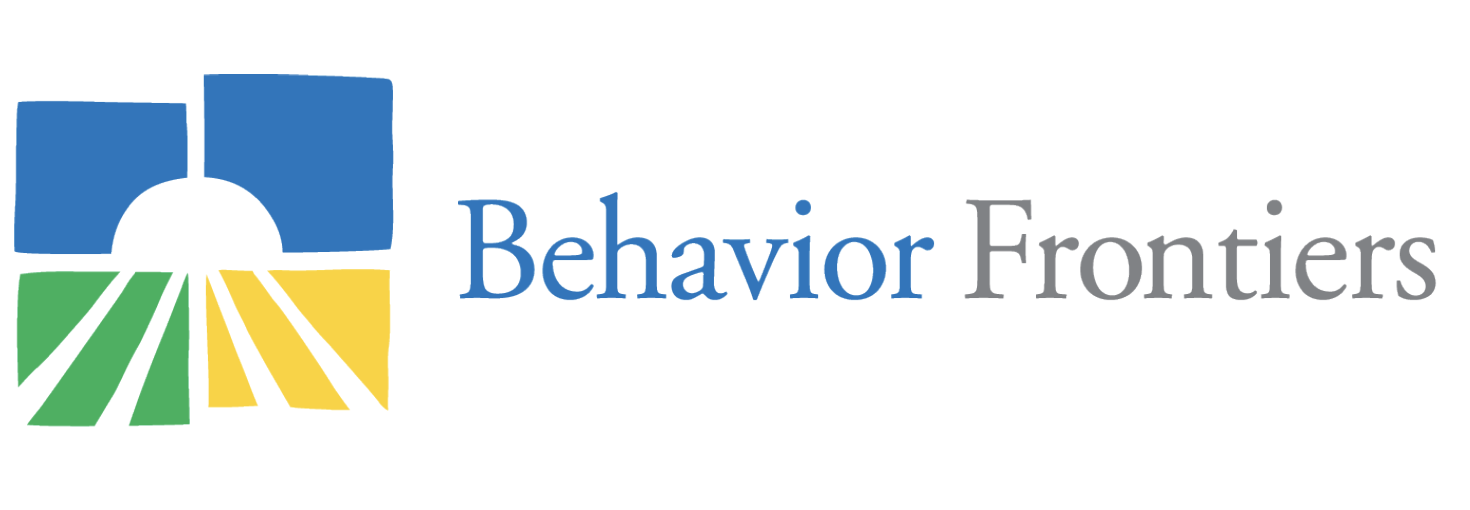What is a Behavior Intervention Plan (BIP)?
A behavior intervention plan (BIP) uses the observational and assessment data collected during the functional behavior assessment (FBA) process and develops them into a concrete plan of action for managing challenging behavior. A BIP may include ways to manipulate the environment to keep behavior from starting, provide positive reinforcement to promote acceptable behavior, and ways to respond to undesired behavior when it occurs to avoid reinforcing challenging behavior and provide supports needed.
Behavior intervention plans have standard components but vary in every instance because they are customized to specific students and behaviors. Behavior intervention plans can be used to address problem behaviors such as:
Physical or verbal aggression
Noncompliance or protesting
Delayed or immediate echolalia
Eating behaviors (stuffing, mannerisms, etc.)
Functional skills (brushing teeth, chores, etc.)
A behavior intervention plan is designed to teach the child desired behaviors through a system of positive reinforcement. The BIP describes the behavior being targeted as well as the hypothesized reason(s) the behavior occurs. Additionally, it also outlines the intervention strategies that will be used to address the behavior of concern. Here are some of the things that a behavior intervention plan might include:
Rewarding the child for exhibiting socially acceptable behaviors - In addition to identifying the problem behavior, you must create a plan to encourage appropriate behaviors.
Changing the response of teachers and parents to the behavior - In order for a BIP to be effective, the child’s behavior must be monitored, and reactions adjusted at home as well as at school. Both entities should collaborate to ensure that the plan is being implemented consistently across settings and people.
Strategies for managing behavior now and decreasing inappropriate behaviors in the future. Develop a plan for how to deal with different problem behaviors at different levels of severity. This plan should include the first steps for dealing with a problem behavior as well as additional steps to take if that initial step isn’t effective. All steps will be designed to manage the behavior as it is occurring without reinforcing it, meaning that the behavior will be less likely to occur in the future.
Assessment of problem behavior and development of effective and ethical behavior intervention plans that respect the individual needs and preferences of a patient requires training and expertise. A behavior analyst is a board-certified practitioner who has the training required to develop individualized BIPs. Consult with a Board Certified Behavior Analyst (BCBA) to assess your child’s behavioral needs and develop a BIP to begin the process of behavioral change.
ShiQuita Lane, Ed.S, BCBA, LBA
Associate Clinical Director, St. Louis
Tuesday, July 14, 2020

